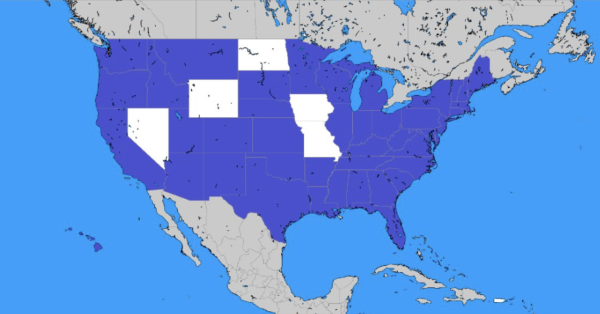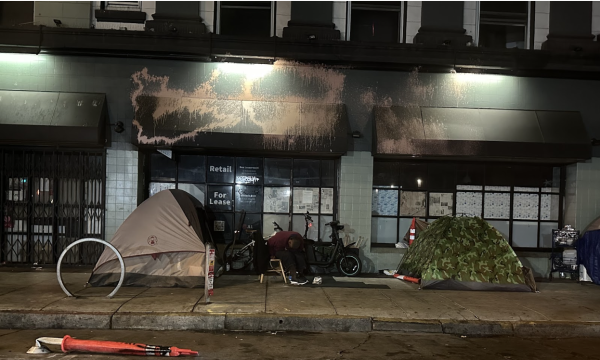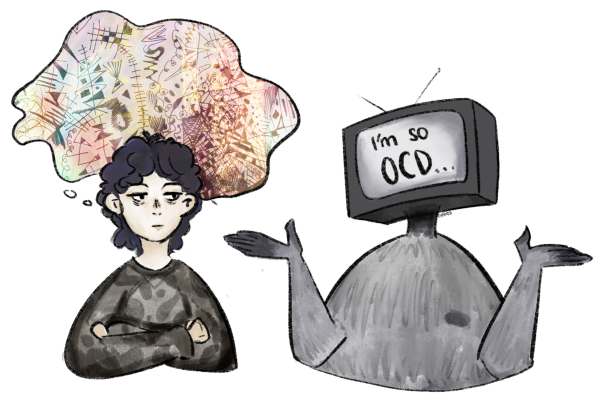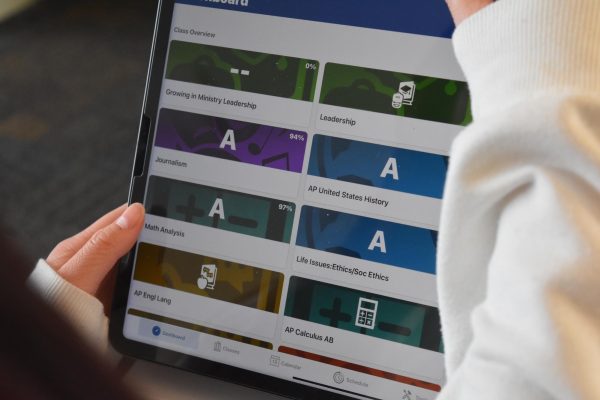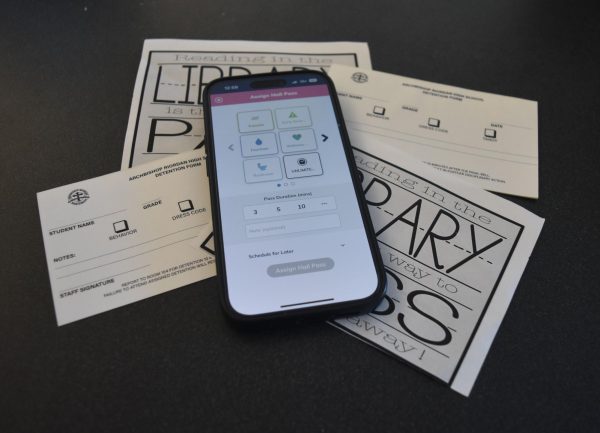Riordan Roundtable: Senioritis

March 2, 2020
I almost didn’t write this article. Honestly, I didn’t want to. In fact, I started writing it nearly a week after it was originally due.
Senioritis hit me like a 16-wheeler carrying boulders shooting down a steep decline at 70 MPH. Since freshman year, I’ve been working hard to get my work done on time, plan out my schedule, and stay on top of everything I’m doing. Or at least, I did until senior year started. Now, everything I do is last minute, with minimal effort. And it’s pretty obvious why.
Humans need motivation to do things. Actions are performed for survival, entertainment, advancement, and pleasure. Nothing is done without reason. In one’s freshman, sophomore, and junior years, motivation todo work is plentiful: for college applications, for a feeling of success, for status, etc.
During senior year, those motivations dwindle. Colleges have already been applied to. Success in academics and extracurriculars has largely already been determined. One’s status among their peers has already been established.
With all these motivations gone, what’s the point of doing anything at all?
In one’s senior year, the bare minimum becomes the standard. It doesn’t make sense to work harder if there is no incentive to do so. Teachers would say otherwise. They claim that students still need to maintain their grades, at the very least, in order to placate college admissions offices. But often times, the abilities of a high school senior have grown at a far faster rate than the difficulty of their classes. They know how the game is played. They can put in less work, and get the same result as they did in the past. And with that, the apathy takes hold.
It’s a slippery slope to stop doing work. The less you do, the less you want to do. And so, when a senior who simultaneously lacks motivation and requires less effort to accomplish tasks does slightly less, they are enveloped by the reality of Senioritis.




